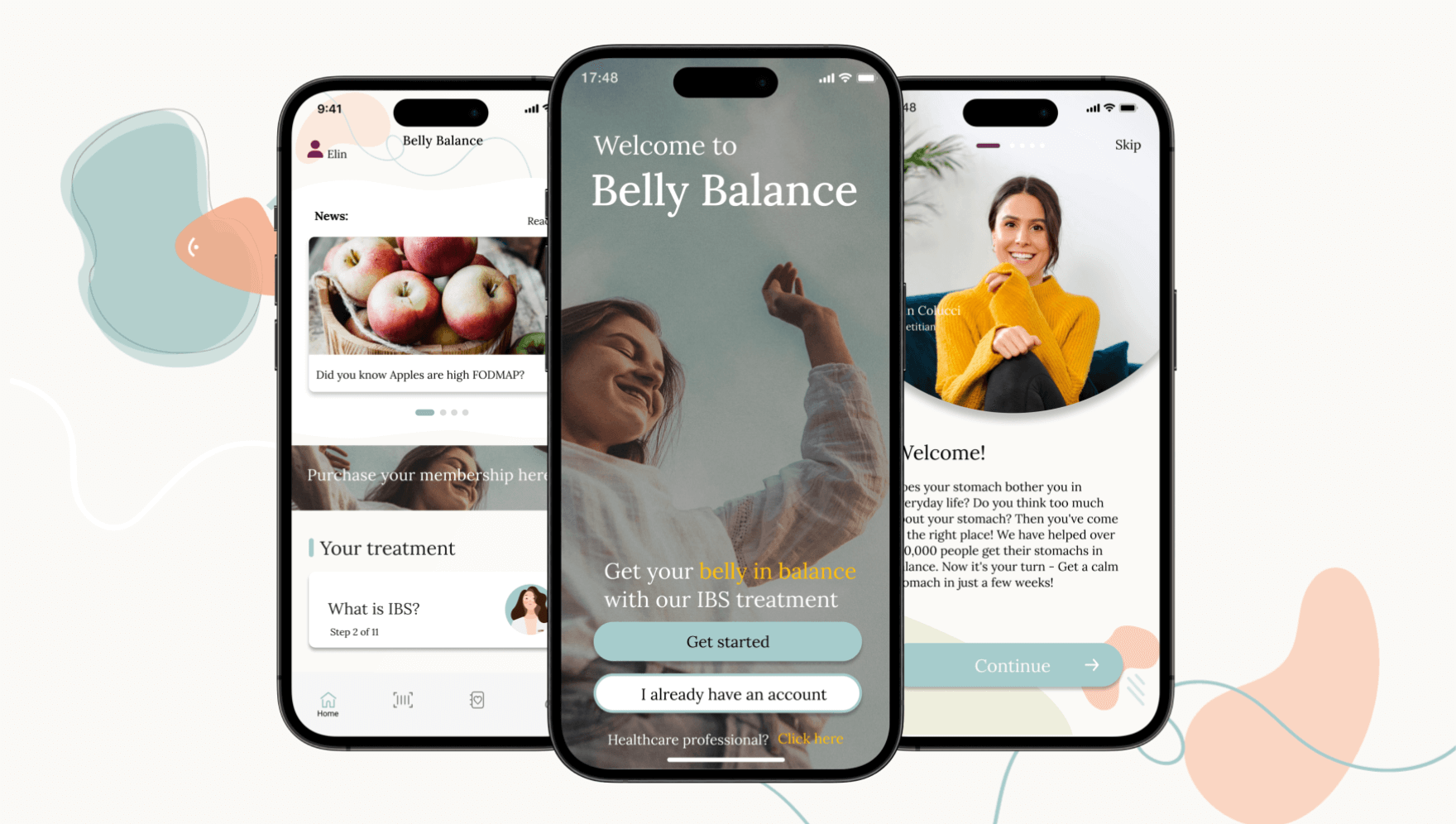
Women and men are affected differently by IBS
April 15, 2024
Women’s quality of life is affected more than men’s by IBS, and some of the reasons may be double work and a high shame factor. This is shown by new research from Sahlgrenska Academy. Even with the same level of physical pain and other complaints, women’s perceived quality of life is worse than men’s, according to the study.
– Although the similarities are greater than the differences, there is a pattern of differences between men and women with IBS, notes Ida Björkman, a licensed nurse and researcher in person-centered care at Sahlgrenska Academy.
Ida Björkman’s dissertation is based on studies of over 500 IBS patients with moderate to severe symptoms that sometimes also lead to sick leave. It became clear in the follow-up interview studies that women and men were affected in partly different ways.
Many with IBS refrain from seeking care
Between ten and fifteen percent of the population meet the diagnostic criteria for IBS (Irritable Bowel Syndrome), a condition characterized by an irritated intestine and varying degrees of pain, bloating, gas, diarrhea, and constipation. However, many refrain from seeking care. In some cases, it’s because the symptoms are not severe, but also because those affected are reluctant to talk about their problems.
— You get gassy, your stomach gets bloated, you don’t know what to wear, and you think, “God, I look so fat.” All of this seems to affect women’s quality of life more than men’s. Gastrointestinal symptoms are associated with many taboos that are harder for women to handle. Men had a more relaxed attitude towards their symptoms, says Ida Björkman.
Negative stress affects the stomach
The fact that stress is a significant factor in IBS and other gastrointestinal issues is becoming increasingly clear in research.
– Yes, we have known for some time that stress exacerbates IBS. Men described work and family finances as stressful, while women felt they were doing double work and had a second shift of household chores when they got home from work. This negative stress can affect the stomach in both genders, and the problems worsen.
Ida Björkman describes those affected by IBS as a patient group with an extremely good awareness of what they consume and what they don’t, always carrying coins in their pockets to quickly access public restrooms if necessary.
Person-Centered Support and Health Diary
Isa Björkman further argues that healthcare can also play an important role in developing everyday strategies. In one of the sub-studies, a smaller group of patients was given the opportunity to meet a nurse for person-centered support twice, with follow-up visits or phone calls, and to keep a special health diary on their own. According to Isa Björkman, more studies are needed to evaluate the setup, but the direction is clear:
– A partnership needs to be established between the caregiver and the patient, taking into account each individual’s life situation. This takes more time than a typical twenty-minute consultation, but if it reduces suffering and means that patients do not need as much care in the future, it is a worthwhile investment.
Link to the dissertation here: https://gupea.ub.gu.se/handle/2077/44870
Source: Sahlgrenska Academy
Read more about

IBS - What is it?
Bloated , constipated or having a gassy stomach? IBS or Irritable Bowel Syndrome is a functional gastrointestinal disorder, meaning no physical issues can be found in the stomach or intestines; they just don’t function quite as they should.

How the app works
Download the app and become part of our community. We assist you in achieving a calm and happy stomach through treatment and tools available directly in the app.

About FODMAP
By learning which foods upset your stomach, you can make conscious choices and get quick symptom relief. With the low FODMAP diet, you receive structured assistance in understanding which foods your body tolerates better than others. No more guessing and pondering – you get the answer straight away!

